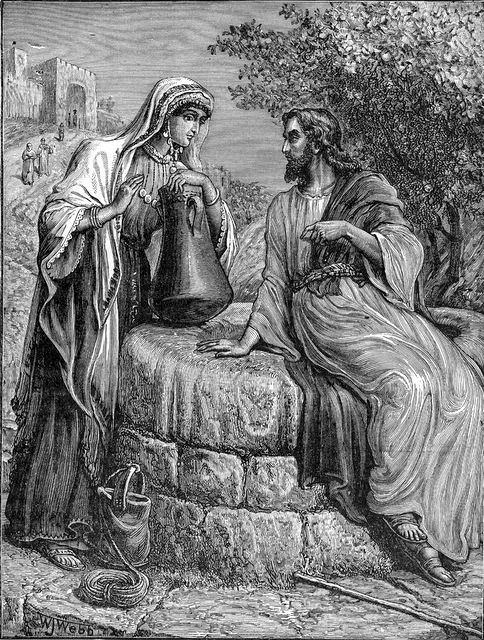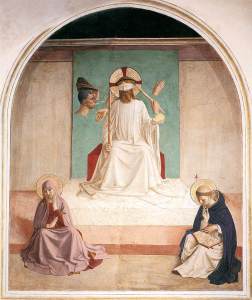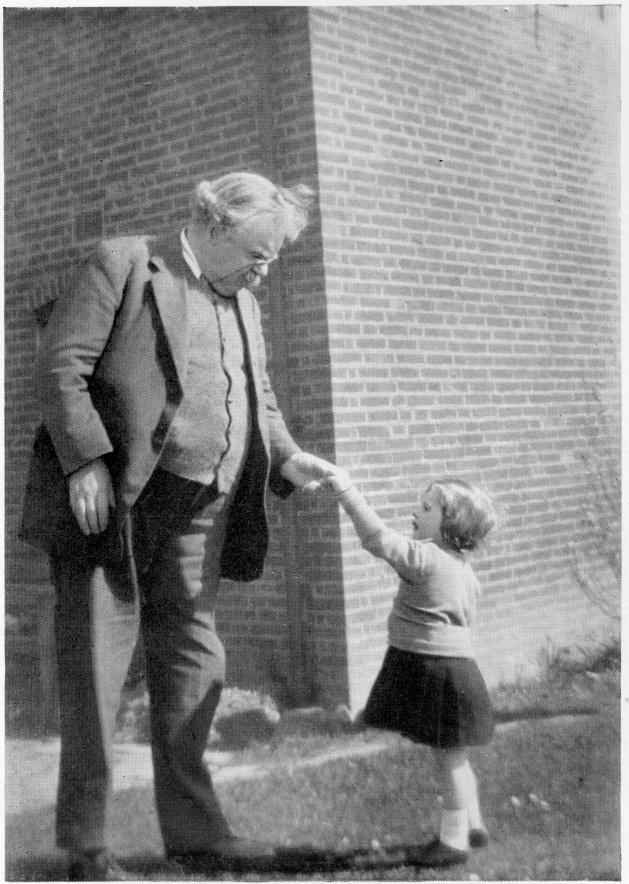This may sound rather obvious but I believe that many modern so called “Christians” either don’t know or choose to ignore the teachings of Jesus Christ. Over the past few weeks we have heard from Jesus many truths about: How many times are we suppose to forgive? The answer is there is no limit. What is it like to be united in Christ? Everyone who drinks this water will be thirsty again; but whoever drinks the water I shall give will never thirst; the water I shall give will become in him a spring of water welling up to eternal life.” What are the consequences of the life you live? My child, remember that you received what was good during your lifetime while Lazarus likewise received what was bad; but now he is comforted here, whereas you are tormented. How are things ordered in the Kingdom of God? Rather, whoever wishes to be great among you shall be your servant; whoever wishes to be first among you shall be your slave. The greatest among you must be your servant. Whoever exalts himself will be humbled; but whoever humbles himself will be exalted.” How shall you treat your brother and sister? You have heard that it was said to your ancestors, You shall not kill; and whoever kills will be liable to judgment. But I say to you, whoever is angry with his brother will be liable to judgment. What happens when you ask God to assist you in doing His will? “Ask and it will be given to you; seek and you will find;knock and the door will be opened to you. For everyone who asks, receives; and the one who seeks, finds; and to the one who knocks, the door will be opened.” What happens if you do not forgive others? If you forgive men their transgressions, your heavenly Father will forgive you. But if you do not forgive men, neither will your Father forgive your transgressions.” What happens when you do not take care of those whom are needy? ‘Depart from me, you accursed, into the eternal fire prepared for the Devil and his angels. For I was hungry and you gave me no food, I was thirsty and you gave me no drink, a stranger and you gave me no welcome,naked and you gave me no clothing, ill and in prison, and you did not care for me.’ Then they will answer and say, ‘Lord, when did we see you hungry or thirsty or a stranger or naked or ill or in prison, and not minister to your needs?’He will answer them, ‘Amen, I say to you,what you did not do for one of these least ones,you did not do for me.’ And these will go off to eternal punishment, but the righteous to eternal life.”
Jesus teaches us many ways to live. Are you living as He has taught?



















